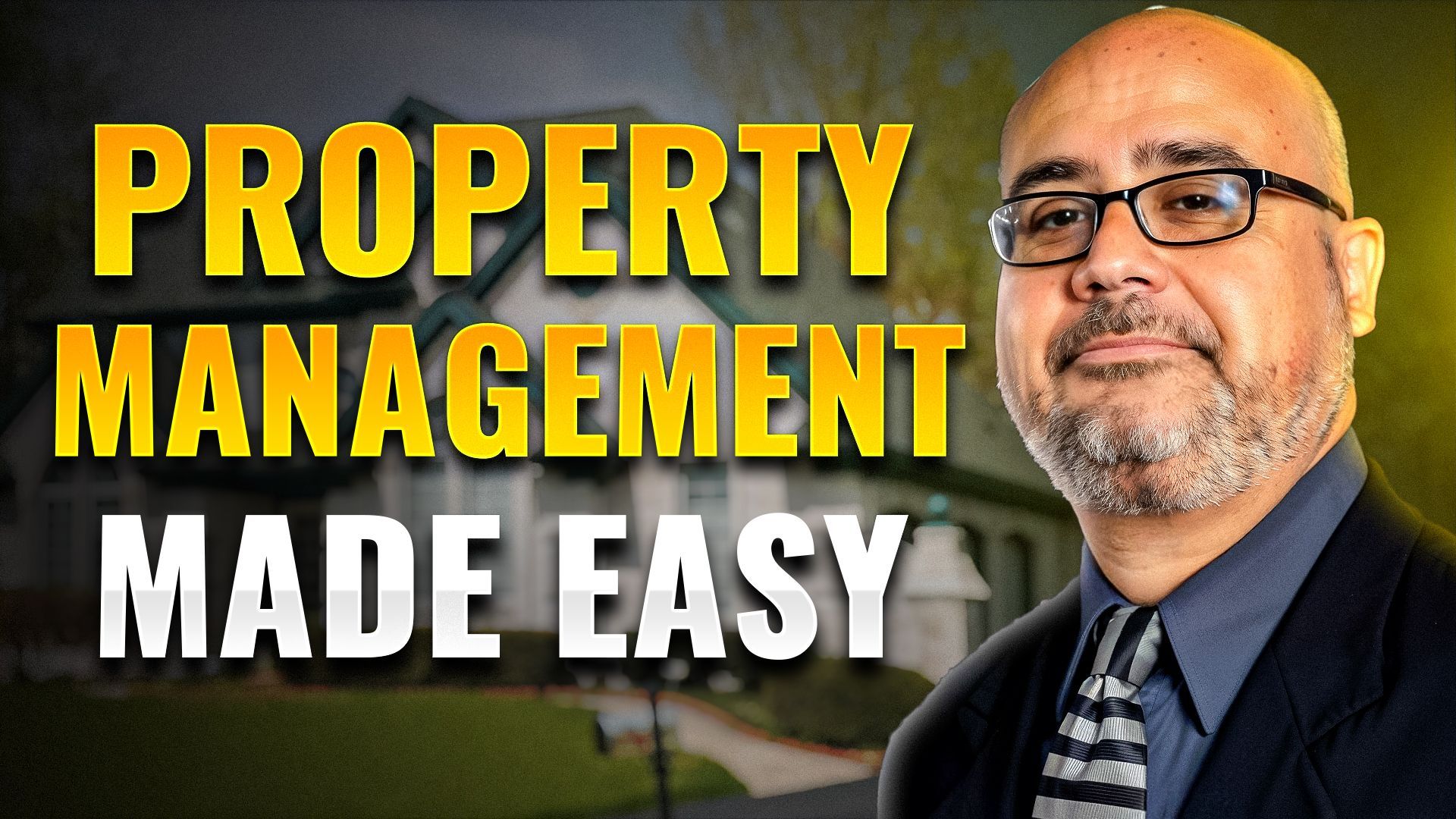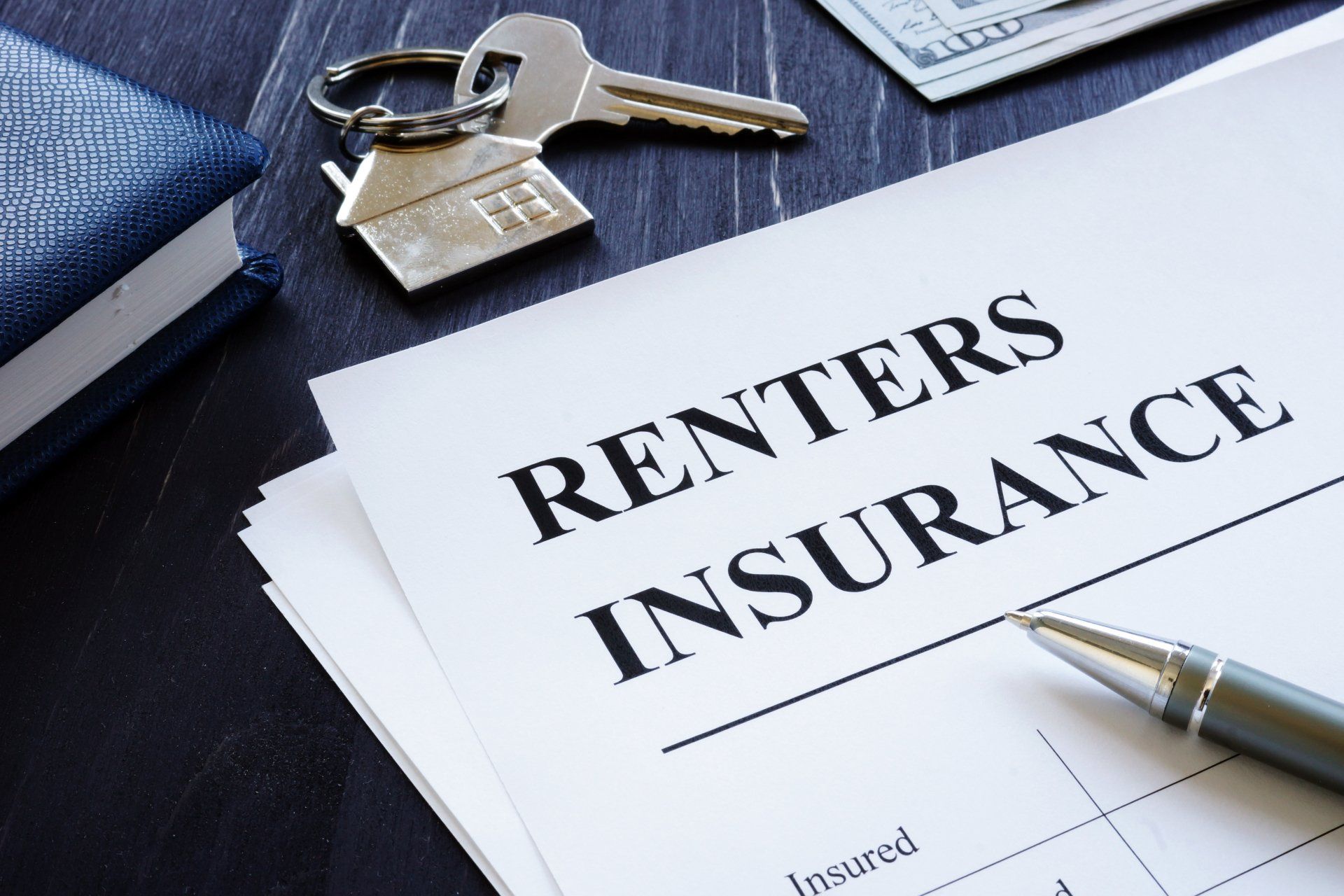The Century 21 Comprehensive Guide to Tenant Screening

Screening tenants is the single most important decision-making process that a landlord will tackle. The right tenant will stay for year, taking care of the home and even making minor improvements. The wrong tenant might put your property (and your peace of mind) at risk. Of course, choosing that 'right tenant' is a touch process of comparison, fact-checking, and ultimately trusting your gut to choose between the finalists who pass all the necessary qualifications.
Fortunately, the process of tenant screening has been honed to a fine edge by the rental real estate industry over the last few centuries of investment property management. We have many decades of data on what makes a good tenant, warning signs for bad tenants, and how to fairly choose between good applicants. Not sure where to get started? Don't worry. This article can help you as a comprehensive guide to tenant screening step-by-step.
The 6-Step Tenant Screening Method
- Define Your Screening Standards
- Advertise & Accept Applications
- Compare the Basic Data (and Fact-Check)
- Run the Background Checks
- Interview Finalist Tenants
- Choosing a New Tenant from Good Applicants
Define Your Tenant Screening Standards
The first step is to define what makes a good tenant for your property. In the rental industry, you have several reliable "rules of thumb' to work by. It is now statistically known that a good tenant makes three-times rent in household income, has a clean rental history, a fair credit score, and no recent criminal activity. You may also want to define whether you accept pets and determine the legal occupancy limit (maximum safe residents) for each rental home.
- Minimum Income (3x Rent)
- Or a Co-Signer
- No Evictions
- Or Evictions Long-Past
- Good References from Previous Landlords
- Acceptable Credit Check
- Clean Background Check
- Pet Ownership: Yes or No
- Occupancy Limit
Off-Limits Criteria
The Fair Housing Equal Opportunity Act prevents landlords from making tenant decisions based on a few protected criteria. These laws are understandably in place to prevent both intentional and accidental housing bias and discrimination. Be sure you don't accidentally base your decision on any of these criteria:
- Age, Gender, Culture, Ethnicity, Religion, and Orientation
- Disability Status
- Occupation
- Family Structure and Family Members
- Differing Standards between Applicants
Advertise and Accept Tenant Applications
Now that you know what you will accept as a good tenant, it's time to advertise. In addition to a vibrant rental home listing, it also helps to clearly let applicants know (in the listing description) what standards you require in terms of income, pet ownership, and so on.
Make Application Entry Accessible
Ensure that filling out and submitting an application is accessible. Accept applications through online forums and public platforms, or via email with clear instructions on how to send in the application along with any fees you may require.
Bonus: Be careful about application fees. There is some controversy about charging the cost of the background check and application fees have been used as a loophole. Depending on your state laws, don't get caught in an accidental sweep of landlords charging the wrong fees.
Consider All Applications Equally
Never discard an application before it has been fully and fairly considered. You must have a legitimate non-discriminatory reason to reject any rental application. Your only discretion here is your choice between two or more fully qualified applicants.
Application Batches or Individual Assessment
It's your choice whether you want to set an application deadline and assess all applications at that point or process applicants one at a time and accept the first tenant who fits all your criteria.
Assess Applications for Basic Data
Once you begin assessing applications, start with the basic data. You can often identify viable vs non-viable applications based on the information entered before you pay for the full set of background checks.
Income
Check the combined income of adult applicants in the house. If two spouses together or two roommates, for example, reach three-times-rent, then they meet your income requirement. If there is one under-income adult, reach out and ask if there are other adults who should submit roommate applications to fill out the income expectation.
If an applicant and their household do not meet income requirements, you are safe to reject that application.
Bonus: Be sure to call or otherwise confirm employment before accepting the written-down income amount as true. Typos and the occasional hopeful-renter deception occur with some frequency.
Occupancy
While you may not screen based on family structure or family members, you can determine if a family meets or exceeds maximum occupancy. You can ask how many people will be living in the house and, if the answer is beyond safety code occupancy, politely let your applicants know they (legally!) need a bigger house. Likewise, now is when you discover if there are pets, whether or not that is something you allow.
Enthusiasm
Landlords often favor tenants who write enthusiastic notes and cover letters about living in the house. Why? Because you want a tenant who loves the house and wants to take care of it.
Start Running the Checks
For every applicant who passes the initial data assessment, it's time to start running checks. There is often a small fee associated with these checks ($10 to $80 depending on the region and depth of the checks). Most landlords are prepared to cover this cost as part of normal turnover costs. In some states, it is still legal to charge your applicants a background-check fee, but only for exactly the amount of the background check.
Rental Background Check
A rental background check is simple: It checks for past evictions and any real-estate related legal actions. Most tenants will come out clean on this check, but be prepared to reject anyone with an eviction in the last 5-10 years. Older evictions can often be chalked up to the follies of youth, no longer a concern.
Credit Check
A credit check can tell you how financially stable your applicants may be. Many landlords require a minimum credit score, but are understanding when a credit score is mainly lowered by unavoidable expenses like medical debt. Look for tenants with a history of responsible bill and loan payment, as they are also more likely to pay their rent responsibly as well.
Criminal Background Check
A criminal background check (usually state-by-state) can tell you if an applicant is potentially dangerous or has a checkered past. Older non-violent and misdemeanor crimes are not disqualifiers, but you may use these details to favor applicants with a clean criminal record if you choose.
Live or Video Applicant Interviews
The background check results should leave you only with your applicant finalists - those who meet all your qualifications and do not have any serious negative marks on their rental, credit, or criminal histories. From here, it's time for the interview phase. Now is your chance to meet your applicants face-to-face to help you decide who is the best fit for your rental home.
Schedule a live meeting to tour the house or a video meeting for just a face-to-face chat. Talk with and get to know your applicants while avoiding any tricky questions about protected status. Assess how grounded they seem and how enthusiastic they are about the house. This final interview process can help you choose the person or family who will most appreciate the house and who seems the most stable and responsible of your fully qualified applicants.
The Benefits of Property Management Tenant Screening
If all this sounds like a huge ordeal, you're not alone in your thinking. Many landlords and investment homeowners choose to do their tenant screening through a property management team instead. A property management team often has a rock-solid screening process and business-class access to background check resources for a lower cost and often faster results than DIY ordering checks for each individual applicant. You can rely on property managers to know what makes a good tenant and to never slip up on the industry regulations of fair housing and professional treatment of your applicants.
Ready to start screening tenants? Contact us today to discuss how property management tenant screening can streamline your turnover process and fine a great new tenant in an efficiently short period between renters.
Blog






















